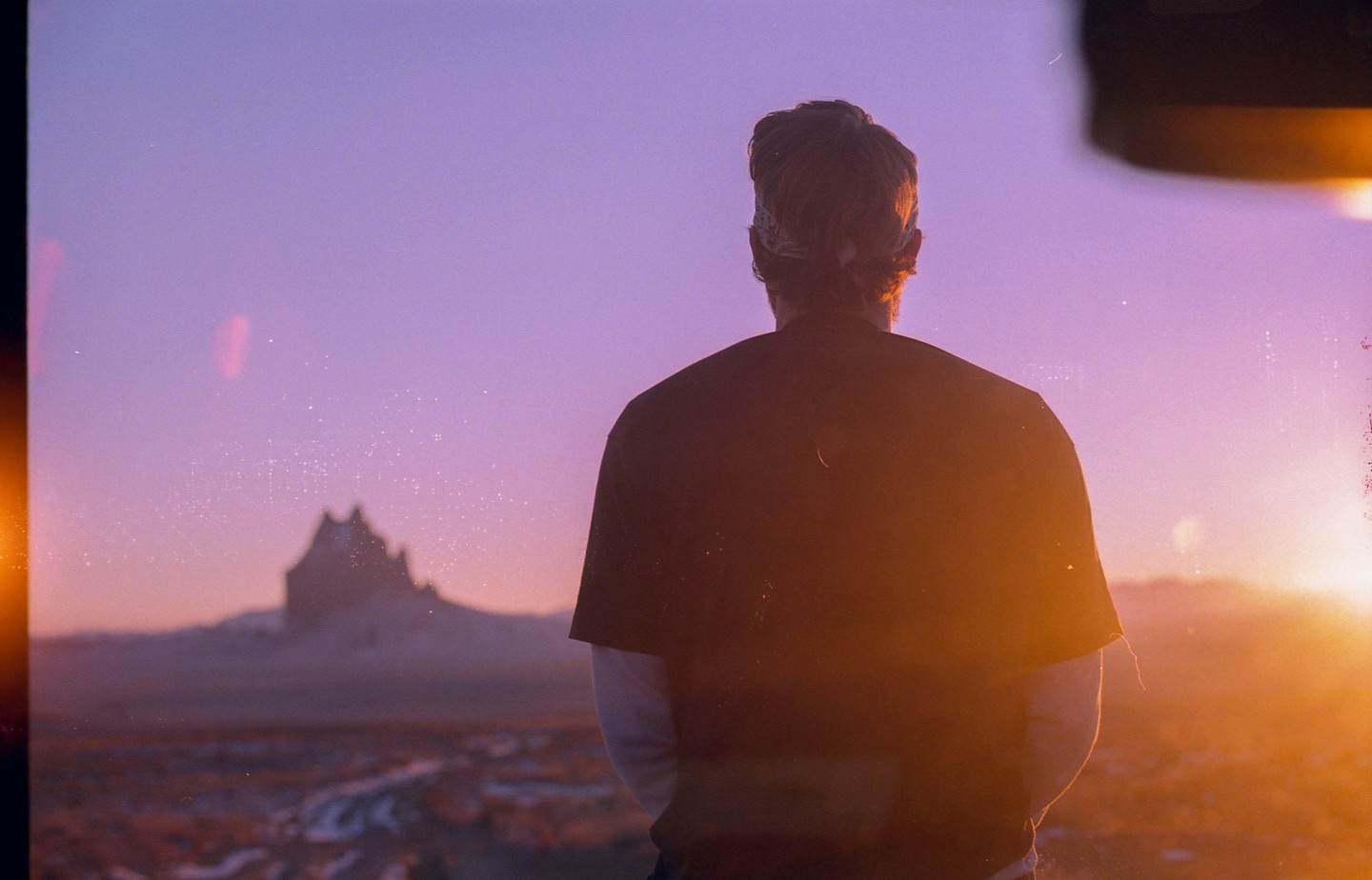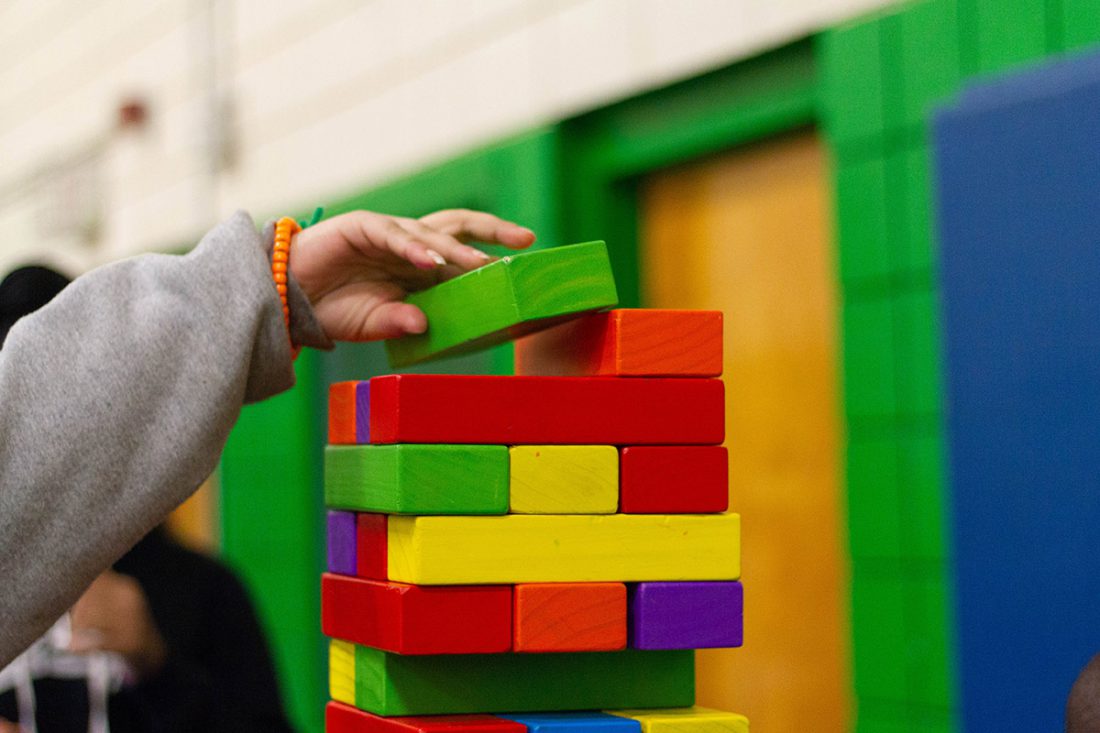Do you know what job changes lives for the better more than almost any other?
Images of a doctor, a scientist or even a high school teacher might have come to mind, and they would all be right.
But did you think of an early childhood teacher?
You might only remember your teacher at kindergarten (or pre-school depending on where you grew up) as having fun all day, creating crazy things out of Play-Doh with you or maybe as someone who helped you with your ABCs. However, research has found that what happens in the pre-school years has a profound effect on the lives people go on to lead, and not just in terms of their education.
Early childhood teachers are skilled in supporting children to develop to their fullest potential in the areas that matter for success later in life. This includes not just language development, and early literacy and numeracy skills, but also how well a child gets along with others, learns to manage their own emotions, and build resilience.
Brain development between the ages of three and five is primed for this sort of learning. This means that quality kindergarten programs and the teachers who lead them have an outsized effect on children’s futures. Without a strong foundation we can be held back from achieving our full potential, but with the right support we can stand strong. And it’s early childhood teachers who lay down these foundations that set children up for success.
This is why early childhood education is so life changing, because it sets the building blocks for someone’s love of learning long into the future. And right now Australia is in need of more people to join the industry.

With the Australian Federal Government’s Job Outlook report showing education and training is one of the top four fastest-growing industries in the country, Gen Z are coming into the early-education sector at the perfect time.
Australia’s growing population means that demand for jobs in the early childhood education sector is booming. The number of people working as early childhood teachers between 2014 and 2019 grew from 27,000 to 42,300 according to the ABS 2016 Census and you could be one of them.
Last year the Victorian Government introduced Three-Year-Old Kindergarten which will be available across the state from 2022 giving all children access to two years of kinder before school. As well as creating more than 6000 early-childhood teaching jobs over the decade, the reform will also provide financial support to encourage young people to get qualified as early childhood educators.
In addition to the natural growth of the industry the education sector overall has an older age profile meaning that there will be increased opportunities as workers retire and more fresh faces are needed.
With the opportunity to make a meaningful long-term difference and excellent employment prospects there’s never been a better time to start a career in early childhood education. And our research surveying 1000 young Australians aged 15 to 24 has has found why Gen Z is the perfect generation to thrive in this growing sector.
It found Gen Zs are an incredibly ethically motivated. This was shown when we asked them about the most important factors when considering their career and 63% said helping people, closely followed by being challenged (56%), and working with people (54%).
On top of this, when it comes to what industries they want to work in, 35% said they’d be interested in a career in education and training. This ranked it second and just slightly below the top-placed industry of healthcare and social assistance chosen by 38% of Gen Zs.
To become a kindergarten teacher you need a degree in early childhood education. The most common qualification is an undergraduate early childhood qualification, like a Bachelor of Early Childhood Education. If you study full-time this usually takes four years to complete. There’s also a ‘pathways’ course where people with an approved Diploma of Early Childhood Education and Care can get credit to complete a degree in early childhood education.
So, there’s plenty of study options available in Victoria – both on-campus and online.
Plus, people looking to gain qualifications are eligible for up to $34,000 to be put towards educational costs, with additional grants available for people once they are qualified to work in some rural and regional areas of Victoria.
For more information about Three-Year-Old Kindergarten and early childhood careers in Victoria, visit their website here.







